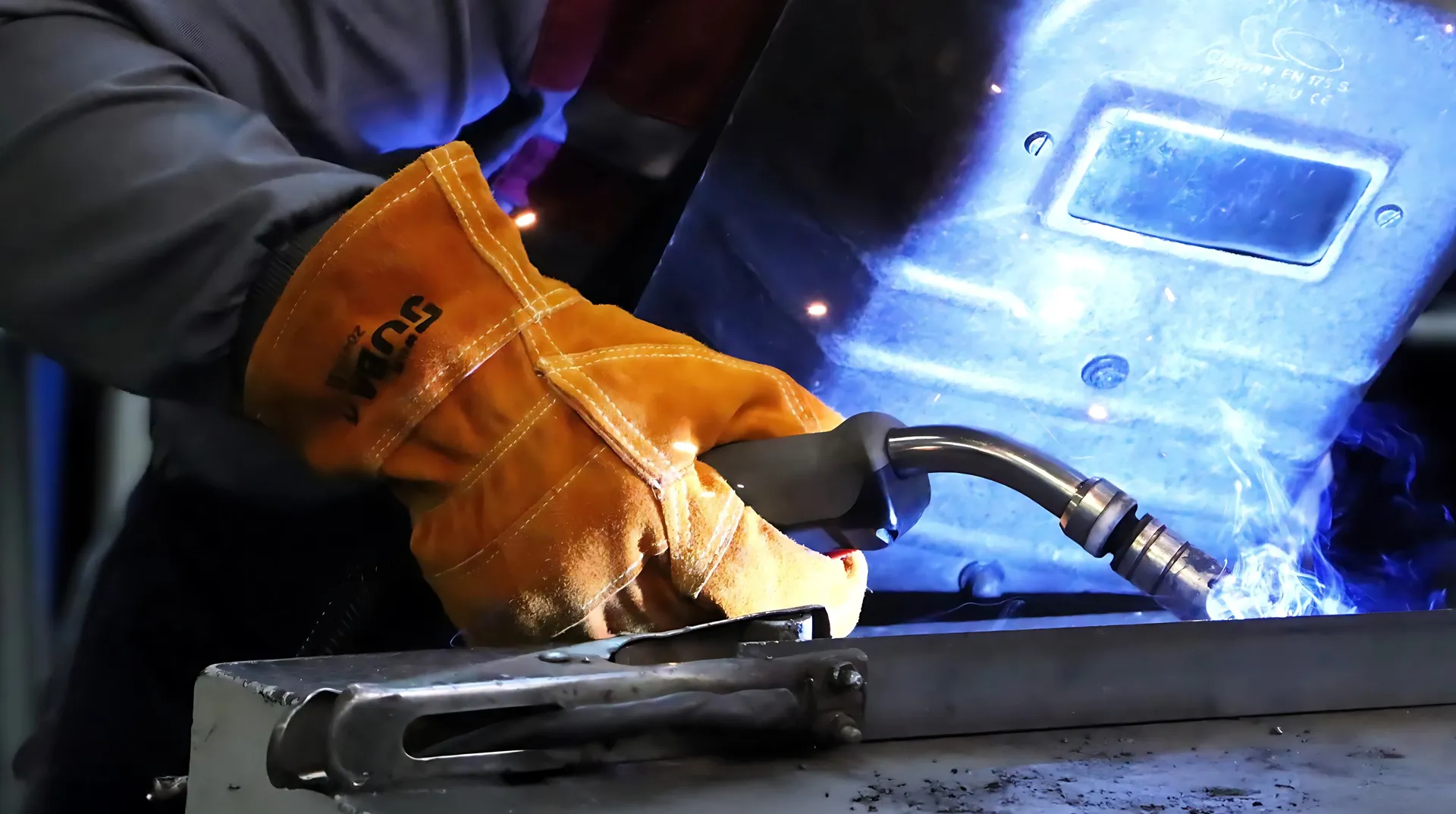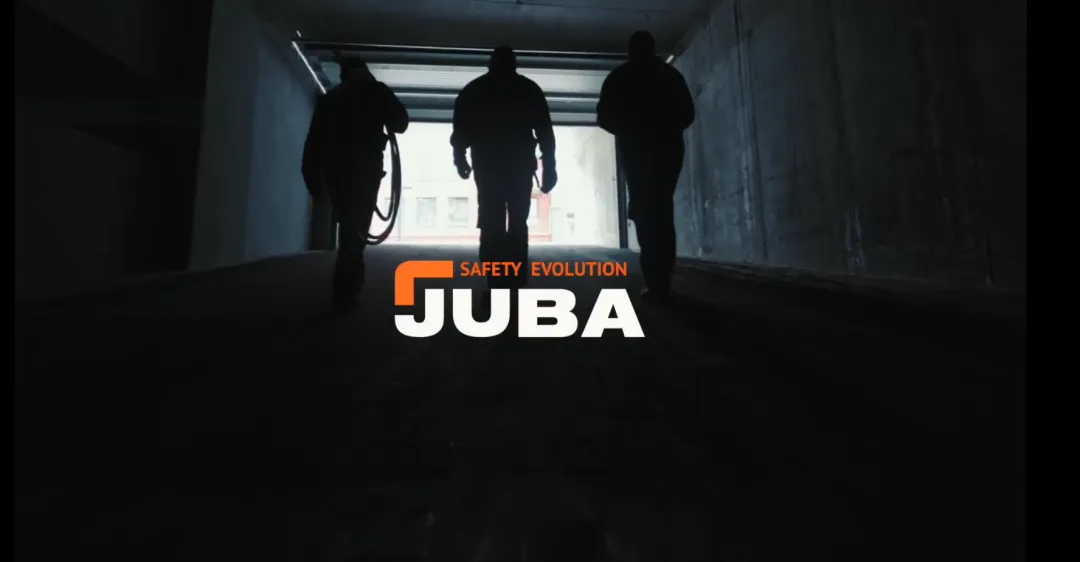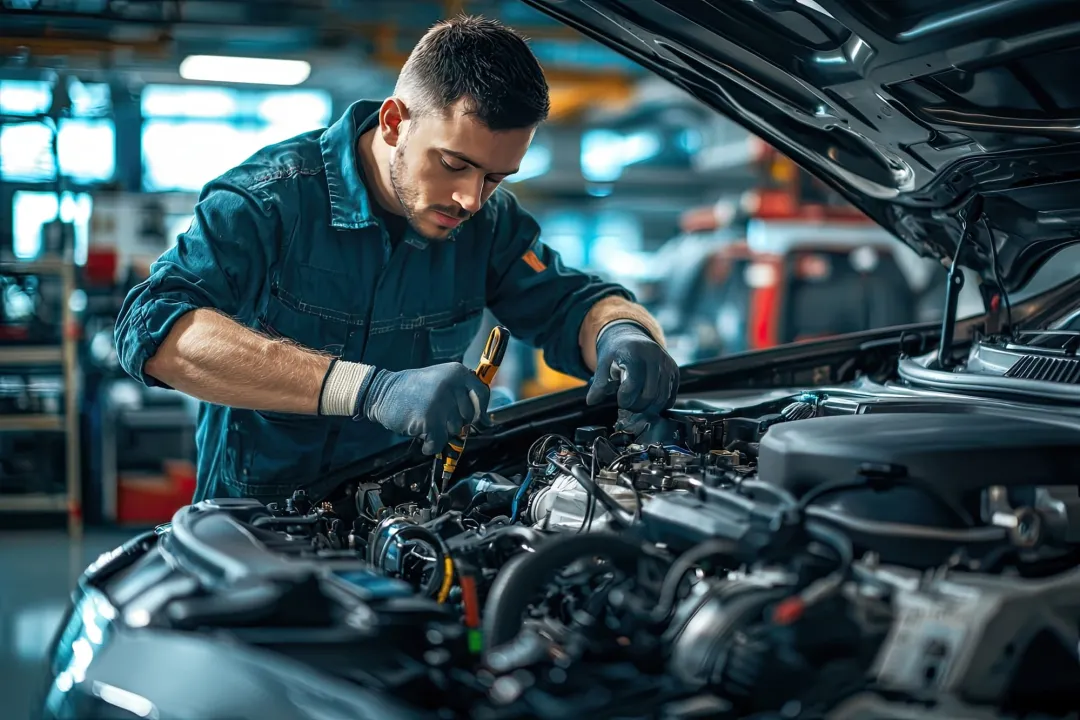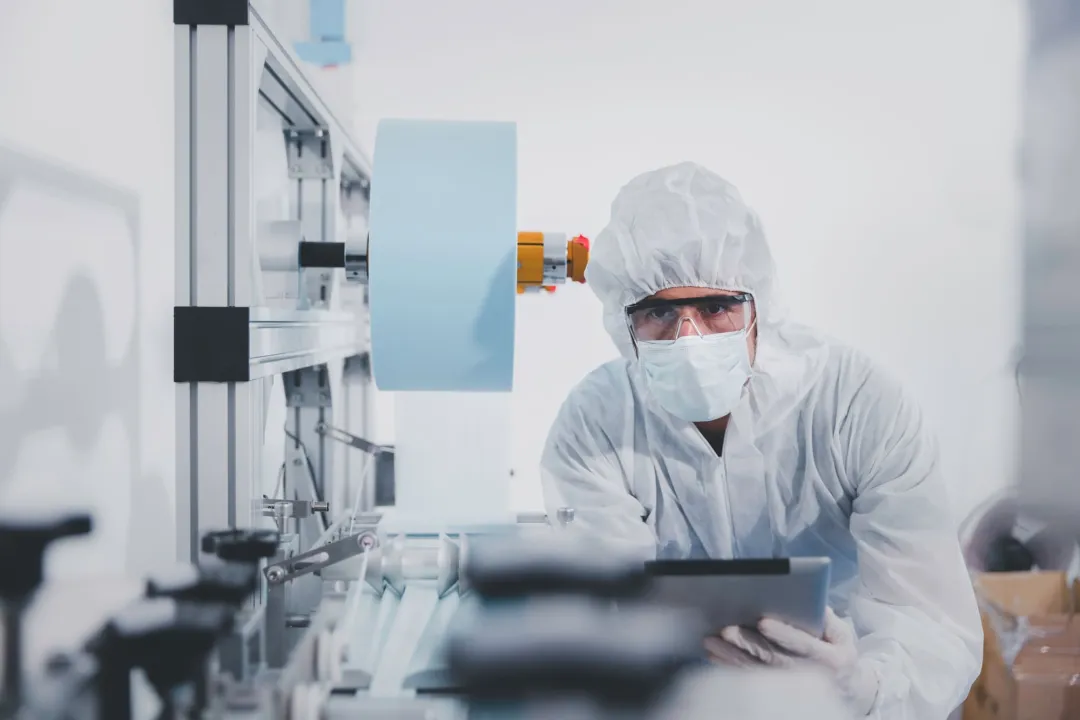News
Protective equipment for mechanics
Today's garages offer a wide range of services, including vehicle mechanics, electrics, tyres, bodywork, glazing, etc.
In all these jobs, optimal protection for mechanics is necessary, so that they can do their work comfortably and safely.
Juba has the appropriate products to protect the hands of your team, as well as work clothes for these professionals.
Importance of the use of personal protective equipment
In mechanical workshops, protection is essential given the risks to which professionals working in this sector are exposed. The handling of parts and the handling of tools must be carried out with total precision, but also guaranteeing the safety of the professionals at all times.
Accident and injury prevention
The main purpose of protective equipment for mechanics is to prevent accidents and injuries.
Juba offers a wide range of protective equipment made of materials that are highly resistant to impacts, contact with chemical products and even cuts.
Safety regulations in mechanics workshops
In Spain there are safety regulations applicable to mechanics workshops, such as the following:
Law on Occupational Risk Prevention (Law 31/1995).
Regulation of Personal Protective Equipment (Royal Decree 773/1997).
Regulation (EU) 2016/425 on PPE.
In addition, each garment or clothing used in the work environment must comply with the specific regulations by type of associated risk for which it has been designed.
Employer and worker liability
The Spanish regulation on protection for mechanics also establishes responsibilities for both the employer and the worker.
Responsibility of the employer in mechanics' workshops
Assess the occupational risks present in the workshop.
Determine and provide appropriate PPE.
Provide training and information to professionals on occupational safety.
Supervise and control the protective equipment available and that safety regulations are complied with.
Responsibility of the worker in mechanical workshops
Correct use of the PPE provided.
Care and conservation of PPE, both during use and during storage and cleaning.
Communicate any type of failure or wear relating to this protective equipment for mechanics.
Comply with the safety instructions.
Types of protective equipment for mechanics
Protective equipment for mechanics covers the entire body of professionals. Gloves for mechanics are the most commonly used items, and at Juba you can find a large number of references of different types.
However, Juba also has other protective equipment that guarantee the safety of different parts of the mechanics' body, depending on the conditions of their work.
Hand protection
The catalogue of work gloves for mechanics offered by Juba covers all professional specialities in this sector:
Mechanic gloves.
Dielectric gloves for electrical work and automotive electronics.
Gloves for body shops.
Gloves for tyre workshops.
Gloves for glass workshops.
Body protection
For the specific work of welders in machine shops, Juba has body protection garments such as jackets and aprons made of split leather with extra selection of leather.
Foot protection
Mechanics should also have foot protection equipment appropriate to the working environment, depending on the potential risks involved, such as contact with chemicals, electricity, abrasives, etc.
Maintenance and replacement of equipment
An important part of occupational safety is the maintenance of protective equipment, which must also be ensured in the mechanical sector:
Periodic inspection of equipment
Periodic inspection of protective equipment for mechanics must be carried out before each use and with the frequency established according to regulations and manufacturer.
In general, protective gloves must also be inspected monthly, as well as after any serious or high-risk exposure.
When to replace each type of protection
As soon as a sign of wear or breakage is identified, it is necessary to replace the PPE with a new one in perfect condition.
In addition, it is advisable to replace protective gloves as soon as it is perceived that they show any loss of properties.
The manufacturer's data sheet should also be consulted to check the estimated useful life of each product.
Proper storage
One of the key factors for optimal preservation of protective equipment for as long as possible is to ensure proper storage.
It is best to store this equipment in individual boxes, in dry, ventilated and clean areas, out of direct sunlight and without danger of coming into contact with other chemicals, flammable materials or heat sources.
13 July 2025
Read more



